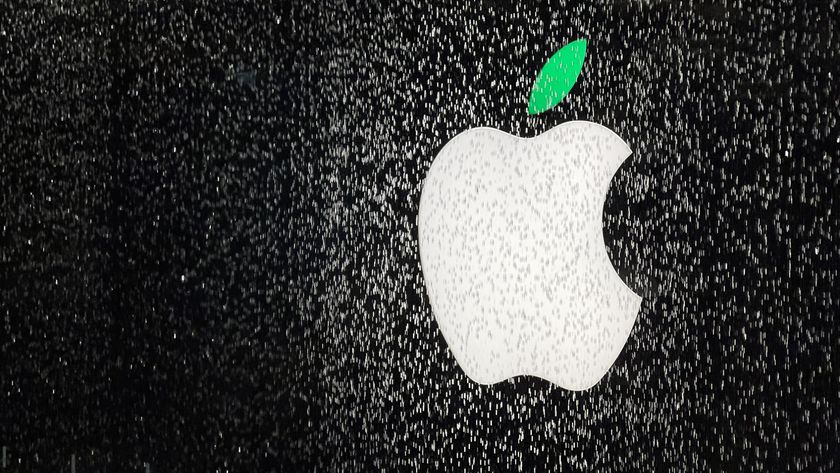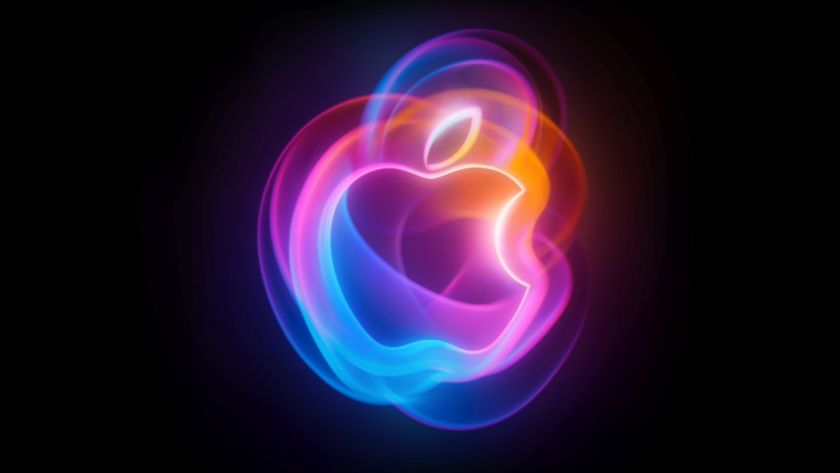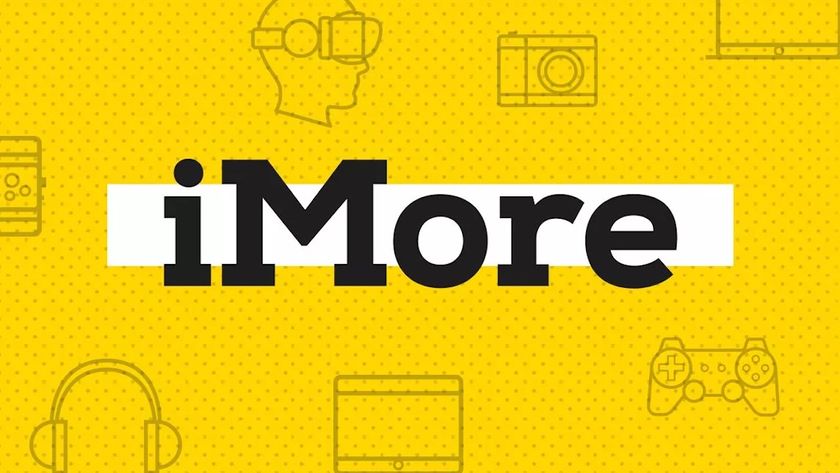Apple and the agents of change

Ed: Welcome to iMore's new author spotlight column, The Network. Every Friday, we'll be bringing you the perspective and charm of the best and brightest minds in the Apple community. To start us off, we're thrilled to have the one, the only, the incomparable Jason Snell.
After spending 17 years at the same company, last fall I set out on my own for the first time. I've spent years writing and speaking about the inevitability of change, and how we have to embrace it. But as human beings we're wired to prefer routines and dislike change — and I'm no different.
These days I don't have a commute (other than to walk through a door). I'm not responsible for a staff of a few dozen people. I also don't have an employer cutting me checks every other week and paying for most of my health insurance. I'm responsible for every word (and every bit of HTML and CSS) on my website. Even four-plus months in, I'm still adapting, trying to discover new rhythms.
More than ever, this experience has made me wonder how companies and corporate cultures fare when it comes to embracing change. Even riding high as it is now, with record financial results, Apple's going through times of dramatic change.
Turn, turn, turn
Apple's corporate culture, as constituted today, is one that was largely defined by Steve Jobs. The company's focus on creating products that users want — rather than building products from available technology and marketing them heavily in the hope that somebody's buying — has been a hallmark of Apple's return to prominence from its near-death experience in the 90s.
But it's Apple's embrace of change and focus on the future that has always stuck with me as one of its most admirable characteristics. Since Jobs's return, Apple has been a company never willing to rest on its laurels, never comfortable milking years out of old tech in lieu of striking forward with something new.
My favorite Steve Jobs quote isn't one from a keynote or from his (truly amazing) graduation address at Stanford. It's Jobs in 1997, telling journalist Steven Levy what he did when he learned that Apple had been keeping a museum's worth of historical documents and artifacts about the company itself. "I said, 'Get it away!' And I shipped all that shit off to Stanford. If you look backward in this business, you'll be crushed. You have to look forward."
Master your iPhone in minutes
iMore offers spot-on advice and guidance from our team of experts, with decades of Apple device experience to lean on. Learn more with iMore!
And then there's my favorite single moment at a Steve Jobs keynote, which was the moment when he announced that the most successful iPod — essentially, the most successful Apple product ever — was being discontinued. Sure, the iPod mini was just swapped out for the even-thinner iPod nano. The point was that Apple was leading the industry with a product that was on fire in terms of sales. The company could've ridden its momentum for another year, at least. Instead, Apple raised the bar.
There are plenty of other examples of Apple's corporate culture and accepting the inevitability of change. I admire the way the company introduced the iPad with no fear about the possibility that it would cannibalize Mac sales. This was a lesson I learned during the early days of the web, when I was working for media companies focused on print: If you resist change out of fear that you'll cannibalize your existing business, all you'll be doing is allowing someone else to cannibalize your business instead of doing it yourself.
Is it any wonder that the two leading lights in tech magazine publishing, IDG and Ziff-Davis, stumbled mightily when the transition to the Web happened? (When I proposed that we embrace the web, I was told by one digital executive at Ziff-Davis that "the future is on CompuServe.") CNET grew to prominence in the wake of the failure of the publishing giants, who were too afraid over the cannibalization of their core business to realize that they couldn't protect it, and needed to replace it. They finally did realize, of course, but by then they were too far behind for it to matter much.
Better to be your own change agent. Apple's still comfortable with that, and that seems awfully encouraging to me.
Living in a post-Jobs world
These days Apple's biggest challenges when it comes to making change involve, oddly enough, breaking away from Steve Jobs. Jobs knew this was going to be absolutely necessary, and he told Tim Cook specifically not to allow Apple to be paralyzed by a "what would Steve do" mentality.
But it's one thing to try to soldier on without Steve, and another to actively reverse decisions he made. Of course, Jobs reversed himself all the time — but he's not here to do that now, so other people at Apple have to have the courage to go against his old decisions and policy statements.
The iPhone 6 Plus, the iPad Mini and acquisition of Beats are just three recent Apple moves that would have never happened if the word of Jobs had been treated as sacrosanct and unchangeable. Tim Cook changed Apple's philanthropy program, as well.
It's brutally tough to change corporate culture. Fortunately for Apple, change is its culture. By revisiting decisions made under Jobs, Apple's current executives are actually honoring Jobs's legacy. In a way, Jobs has given his successors a powerful gift — carte blanche authority to call 'em as they see 'em.
The news that Apple is building an online services team in Seattle is another example of a possible shift. Jobs was a staunch believer that Apple's teams needed to be in Cupertino, and in the early days of OS X development engineers were told to move to California or leave the company.
I wonder sometimes if even this Jobs-era philosophy about having everybody physically in the same office will fade away. It will be a tough sell, to be sure--when you're committing to spending $5 billion on a new corporate campus, you're pretty much all-in on the concept of a physical workspace. It's hard to imagine Apple retreating from Jobs's last big project.
But at the same time, technology from Apple and others allowed us to run Macworld with a large portion of the staff working remotely, and it was just fine. And from my current home-office headquarters, I'm able to use a Mac, the Internet, and a whole bunch of clever software — Gmail, Slack, Google Hangouts, Skype, iCloud, Dropbox, and plenty more — to do my job. Could Apple change something even so fundamental about its personality?
Probably not. And yet... you never know, with Apple. And that's one of the things that I continue to appreciate about it, to this day.
Former lead editor at Macworld for more than a decade, wrote about Apple and other tech companies for two decades. Now I write at Six Colors and run The Incomparable podcast network, which is all about geeky pop culture, and host the Upgrade and Clockwise tech podcasts.



